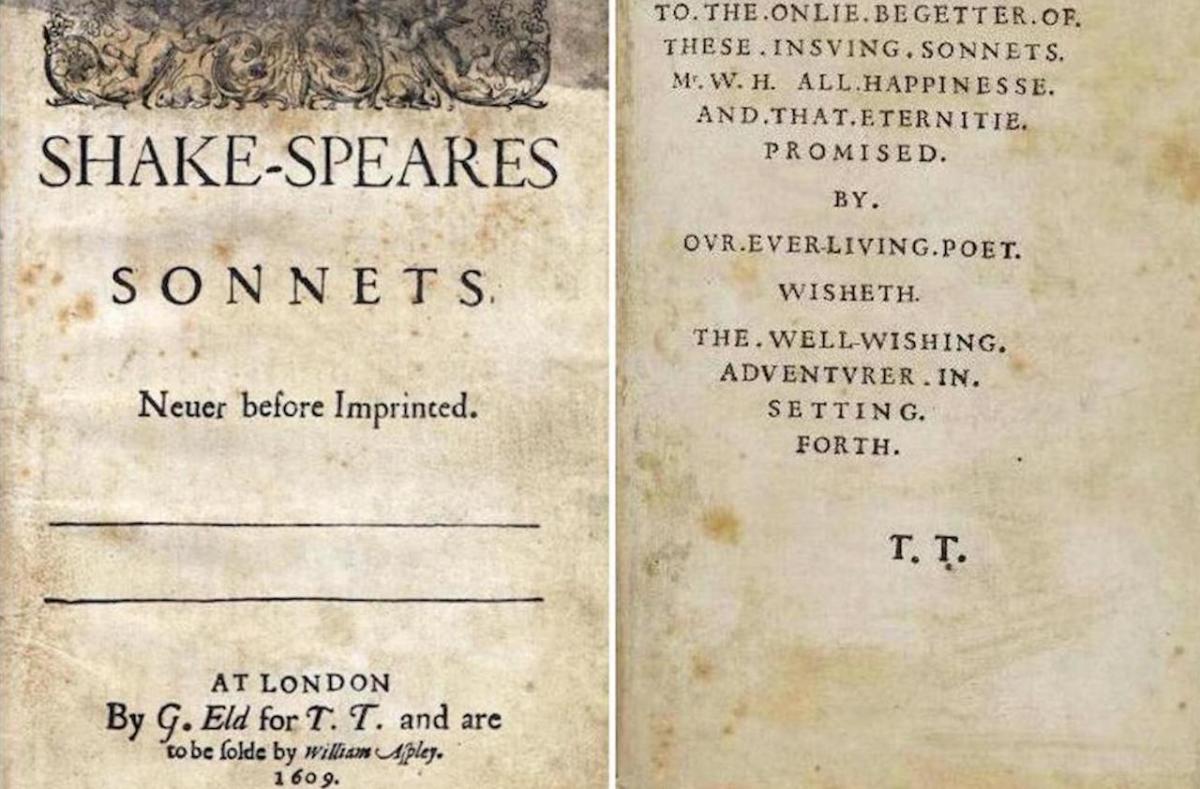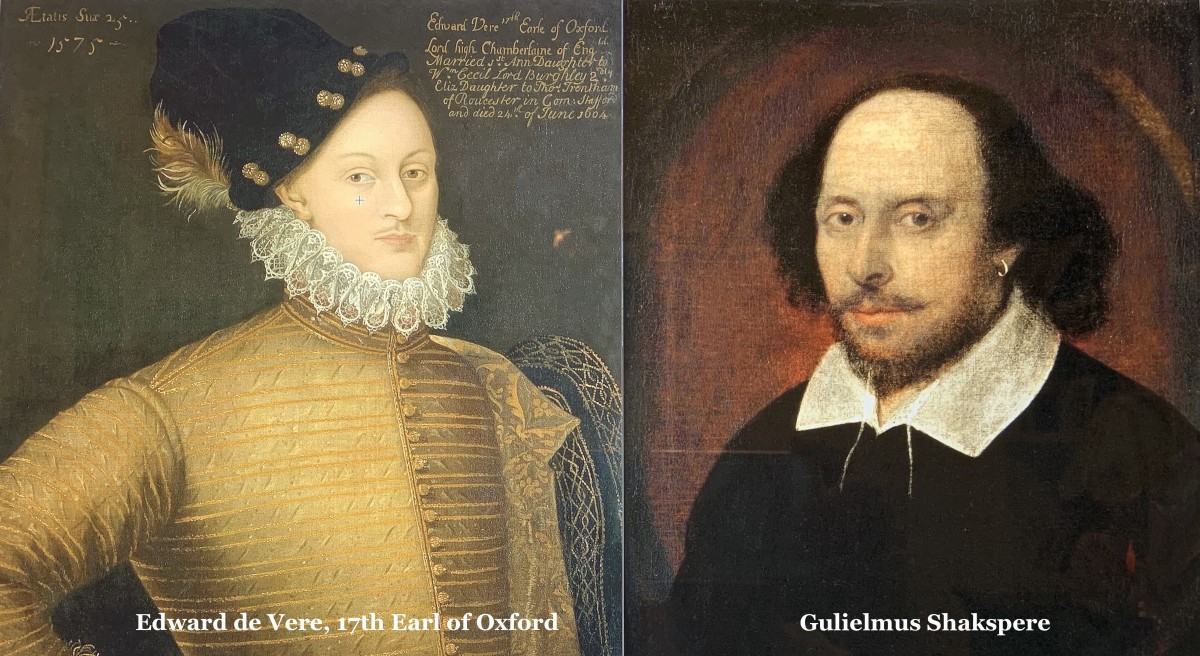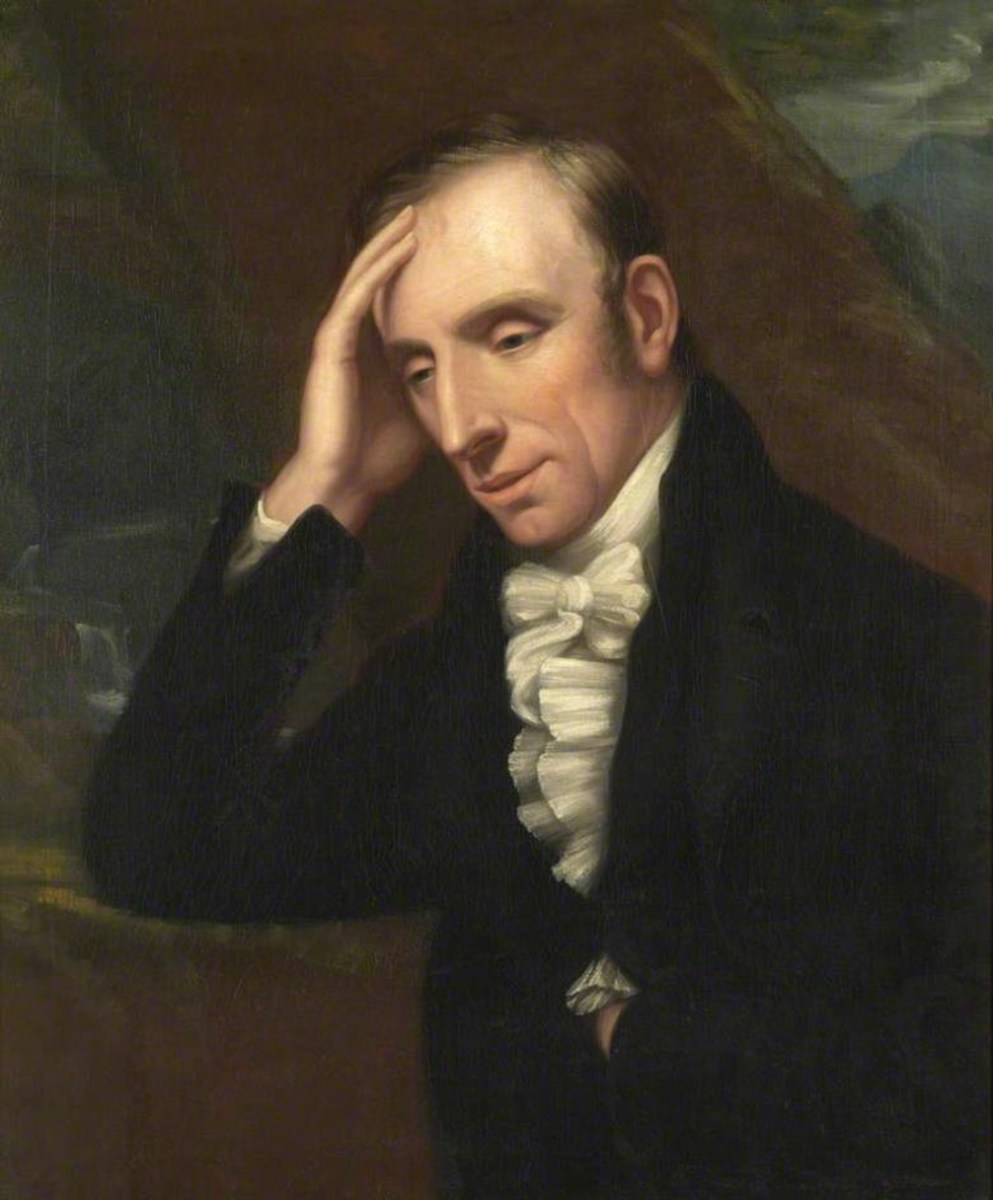Shakespeare Sonnet 65 "Since brass, nor stone, nor earth, nor boundless sea"

Introduction and Text of Sonnet 65 "Since brass, nor stone, nor earth, nor boundless sea"
One of the many strategic structures that are employed in the classic Shakespeare 154-sonnet sequence is allowing his speaker to posit a question, often seemingly a rhetorical question, and then offering a likely answer. Sonnet 64 allows the speaker to reveal the problem of time ravaging the entities in life for which human beings hold affection.
Following in the sonnet 65, the speaker offers the answer to the question, solving that universal problem. For this speaker, any answer to any question may not be able to move far beyond the goals of his sonnet sequence: the muse, his talent, and his "black ink" that he employs to stretch across the page with his erudite, dramatic sonnets.
Once again, this brilliant speaker reveals his versatility in crafting scenes in which he is able to perform his mastercraftmanship. He retains the search for fresh imagery, luminous colors, and dulcet tones. He often provides imagery that appeals to the five senses. Readers, therefore, cannot do otherwise than experience each dramatic work with a complete set of emotional responses.
Sonnet 65 "Since brass, nor stone, nor earth, nor boundless sea"
Since brass, nor stone, nor earth, nor boundless sea
But sad mortality o’ersways their power,
How with this rage shall beauty hold a plea,
Whose action is no stronger than a flower?
O! how shall summer’s honey breath hold out
Against the wrackful siege of battering days,
When rocks impregnable are not so stout,
Nor gates of steel so strong, but Time decays?
O fearful meditation! where, alack,
Shall Time’s best jewel from Time’s chest lie hid?
Or what strong hand can hold his swift foot back?
Or who his spoil of beauty can forbid?
O! none, unless this miracle have might,
That in black ink my love may still shine bright.
Shakespeare Sonnet Titles
In the Shakespeare 154-sonnet sequence, the sonnets are numbered but not titled; that lack of titling is the case with most sonnet sequences. Therefore, each sonnet's first line must serve as its title in commentaries about the sonnet. According to the MLA style guide, "When the first line of a poem serves as the title of the poem, reproduce the line exactly as it appears in the text." APA, the style guide used by this site, does not address this issue.
Commentary on Sonnet 65 "Since brass, nor stone, nor earth, nor boundless sea"
Sonnet 64 "When I have seen by Time’s fell hand defac’d" lamented the decay of the physical/material world, and sonnet 65 "Since brass, nor stone, nor earth, nor boundless sea" supplies the cure, mitigating the destruction of that physical degradation.
Thus, this sonnet sequence continues to put forward the speaker on his path to complete awareness. He employs as his tools the qualities of beauty, truth, and love with him as he contemplates and masterfully directs his own purpose in life.
First Quatrain: The Strong Cosmos
Since brass, nor stone, nor earth, nor boundless sea
But sad mortality o’ersways their power,
How with this rage shall beauty hold a plea,
Whose action is no stronger than a flower?
The speaker of Shakespeare sonnet 65 begins by cataloguing a few of the sturdy physical attributes of the cosmos, such as brass, stone, and earth, along with the mighty ocean. But he bemoans their demise, which always remains in the offing. He acknowledges but decries the fact that those entities that appear to be so sturdy and lasting are all cut down by the forces of "mortality."
By first focusing on the ways of nature, he can then speak to that nature with a human response, seeking to rise above those ravages which nature foists upon natural objects, including the human frame.
Then the speaker asks how beauty can conquer the damaging effects of time, as beauty appears to be a quality that is as frail as any flower. Thus the question ultimately asks, How might beauty overcome the damage brought about by the aging process and Time, as beauty offers no opposing force?
Beauty's force remains less than that of a flower, which also shows beauty but no power to struggle. The speaker has noticed the lack of struggle in the flower; he is habituated to human struggling and contemplates that lack in the lower evolved members on the evolutionary scale.
Second Quatrain: Symbolic Summer
O! how shall summer’s honey breath hold out
Against the wrackful siege of battering days,
When rocks impregnable are not so stout,
Nor gates of steel so strong, but Time decays?
The speaker continues his questioning about the brief duration of summer and how that bright, warm season becomes wrecked through "battering." Summer becomes a symbol for all the bright and glorious things of the planet—things which give pleasure. Still it remains a fact that the summer season endures for only four months—a very brief period of time by human reckoning.
Even rocks that appear to be strong even "impregnable," in actuality, "are not so stout." Even "gates of steel" are not strong enough to compete with ruinous Time, who oversees the destruction of all matter. The speaker’s imagery hold natural as well as human-made items to show that all things remain under the influence of duality—the pairs of opposites.
Third Quatrain: Commanding a Response
O fearful meditation! where, alack,
Shall Time’s best jewel from Time’s chest lie hid?
Or what strong hand can hold his swift foot back?
Or who his spoil of beauty can forbid?
The speaker offers an exclamation, asking his muse, and with special emphasis demands to understand where Time is hiding his "best jewel." Where does Time retain the items that he truly wishes to keep? The speaker wonders if there is some "strong hand" that is able to slow the rapid pace of destruction and decay. The speaker’s questions remains not simply rhetorical, because those inquiries imply intensely that a proper solution to the thorny problem must exist.
The speaker then tosses out an additional inquiry regarding the possible existence of some power that can slow down or stop the waste of "beauty." By pressing forth these questions, this speaker is implying that he is aware of how to complete the performance that will retard Time’s swift escaping foot and mollify Time’s spoilage of beauty. He is gently offering a hint at answers that allow him to stay humble yet profound, as he puts forward his revealing questions with their equally revealing answers.
The Couplet: The Force of Creative Writing
O! none, unless this miracle have might,
That in black ink my love may still shine bright.
The speaker appears to be confessing that nothing can prevent Time from deconstructing love and beauty; thus, he exclaims, "O! none," but immediately draws back from this claim by asserting, "unless this miracle have might." So, what "miracle" might that be?
Naturally, he is referring to the power and force of his creative works—his sonnets and plays. With his "black ink," he will keep on dramatizing and immortalizing his love, and that love will continue to "shine bright," undeterred by Time's ravaging demolition.
Thus, the speaker is offering the notion that a certain kind of immortality can be acquired through his poetry. Because of such an vital task, the speaker will continue to soldier on, craving his dramas and his poems that not only put on display his valuable supply of learning but that also will continue to retain that knowledge and learning framed in beautiful, truthful, and enduring language.
To the speaker, his art is his life, and his life is his art. Those two sacred possessions influence him to keep on striving to create his best creative works. As he keeps on creating, he keeps on growing even more brilliant, even more poised, and even more spiritual as he travels his path to the reality of transcendence.

Related Shakespeare Information
- Introduction to the Shakespeare 154-Sonnet Sequence - The Shakespeare 154-sonnet sequence offers a study of the mind of a poet. The first 17 have a speaker persuading a young man to marry and produce lovely offspring. Sonnets 18–126 address issues relating to talent and art creation.
- "William Shakespeare": Nom de Plume of Edward de Vere, 17th Earl of Oxford - The Shakespeare controversy continues to play out between the Oxfordians, who argue that the "Shakespeare" writer was Edward de Vere, 17th Earl of Oxford, and the Stratfordians, who insist that Gulielmus Shakspere of Stratford-upon-Avon remains the writer of that canon.
Commentaries on Other Shakespeare Sonnets
- Shakespeare Sonnet 1 "From fairest creatures we desire increase." DiscoverHubPages. Original: February 13, 2023. Updated: January 11, 2024. - EXCERPT: The Shakespeare sonnet sequence features 154 Elizabethan sonnets (also known as English or Shakespearean). The first sonnet "From fairest creatures we desire increase" begins the focus on the young man, and the speaker will continue that engagement in sonnets 1-17.
- Shakespeare Sonnet 4 "Unthrifty loveliness, why dost thou spend." DiscoverHubPages. Original: February 26, 2023. Updated: January 10, 2024. - EXCERPT: Sonnet 4 from"The Marriage Sonnets" in the classic Shakespeare 154-sonnet sequence, find the speaker engaging a finance metaphor to enhance the drama of his argument.
- Shakespeare Sonnet 5 "Those hours, that with gentle work did frame" DiscoverHubPages. Original: February 27, 2023. Updated: January 10, 2024. - EXCERPT: The speaker of Shakespeare sonnet 5 continues fashioning his little dramas, persuading the young man that he must marry and procreate to preserve his youth and thus attain a certain imagined version of immortality.
- Shakespeare Sonnet 18 "Shall I compare thee to a summer’s day?" Owlcation. Original: October 12, 2023. Updated: January 22, 2024. - EXCERPT: Shakespeare sonnet 18 "Shall I Compare Thee to a Summer’s Day" is one of the bard’s most widely anthologized—and most widely misunderstood—sonnets. There is no person in this sonnet: the speaker is not comparing/contrasting the beauty of nature and the beauty of a paramour.
This content is accurate and true to the best of the author’s knowledge and is not meant to substitute for formal and individualized advice from a qualified professional.
© 2024 Linda Sue Grimes



